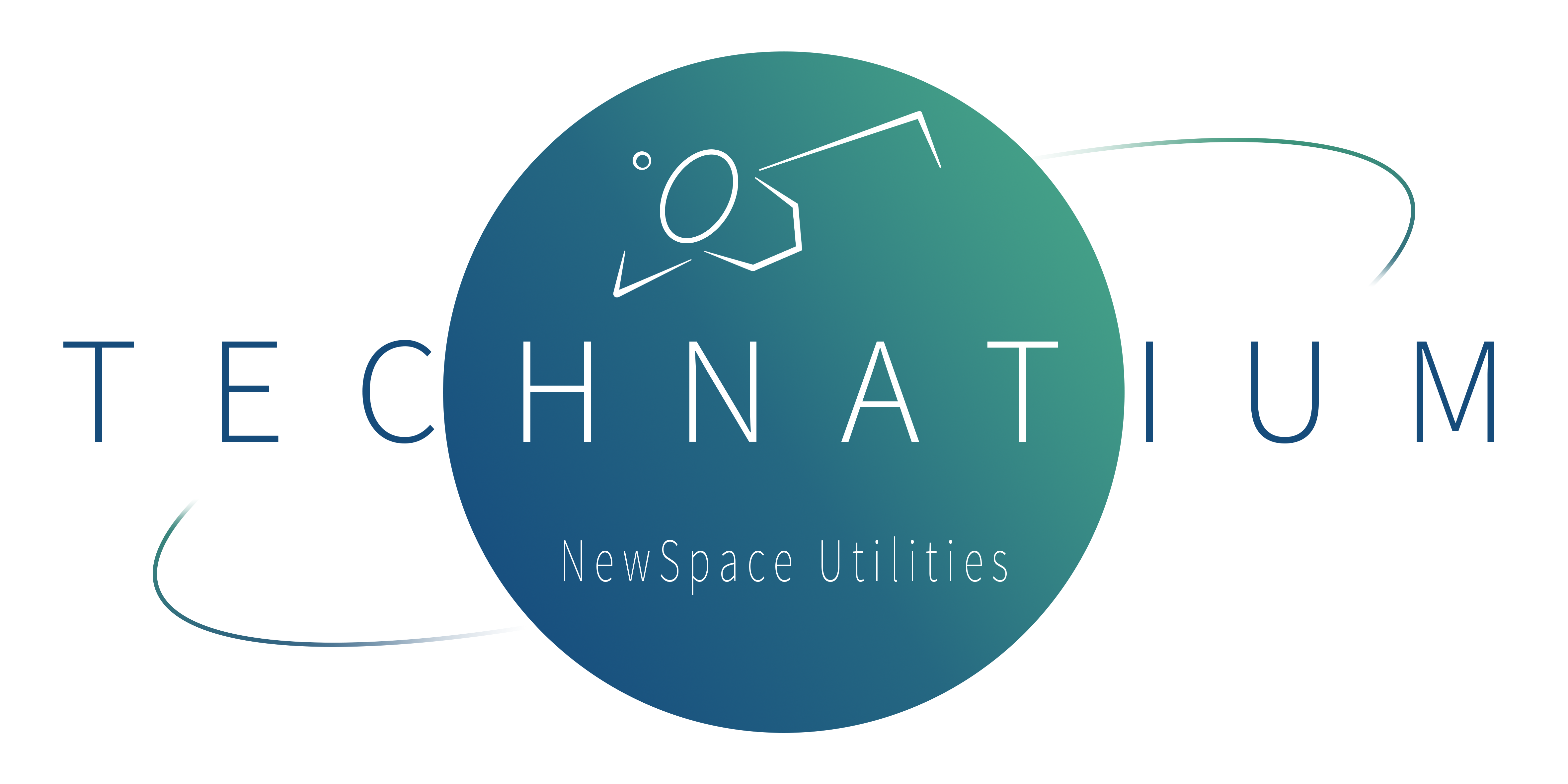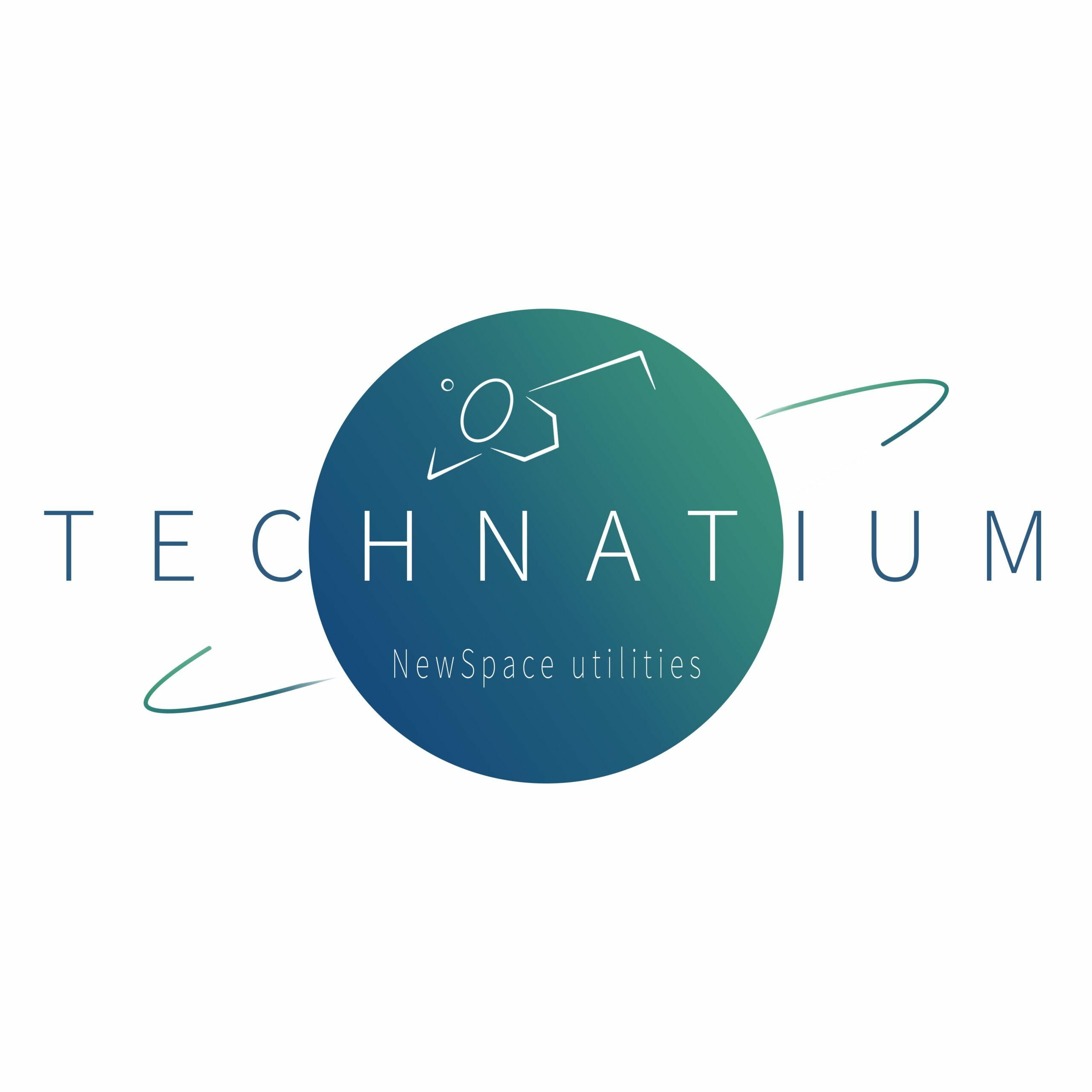Environment and industrial sustainability
The eco-responsibility approach of industries in terms of energy, climate and environmental policies is the growth lever that makes it possible to reduce the impact of pollution on the environment, but also to generate commercial growth, since waste and pollution are, in fact, wasted resources.
Industrial sustainability involves two vectors :
-Reducing the carbon footprint of industrial activities
- Innovate to develop new processes for the design, construction and operation of buildings and industrial infrastructure.
These two vectors for improving industrial sustainability have a strong geospatial component, which is why TECHNATIUM is committed to working with you on the five innovative building blocks of the eco-responsibility approach for buildings and industrial zones:
Monitoring of pollutant emissions
Surveillance by drone swarms
Traceability of transport and waste
Recycling chain
METRIC HYPERVISION
Satellite imagery for monitoring polluting emissions :
Determination of places and volumes emitted (CO², methane, sedimentary discharges)
Very high definition and high repeatability picture data (Pléiades, Sentinel, nano-satellites)
Optical and radar imagery fusion by Geospatial Artificial Intelligence (geoAI)
Environmental monitoring by swarm of drones :
Aerial drones equipped with GHG sensors (CO², HFC, N²O, CH4, PFC, SF6, NF3)
Marine and underwater drones for the volumetry of sediment discharges
Mapping of polluting emissions in real time across the entire site
Traceability of transport and storage of hazardous waste.
Blockchain has a low environmental impact:
Energy cost reduced by Proof-of-Stake (Blockchain Tezos)
Controlled and secure monitoring of polluting emissions (partner Exaion)
The certified waste recycling chain, with metrics (KPIs) to combat illegal dumping or theft. The importance of cybersecurity for the environment:
Plan against cyberattacks with environmental consequences (e.g. opening of black water valves)
Risk analysis with EBIOS Risk Manager (ISO 27001, ISO 27005)
OT protection of ICS (Industrial control systems)
IT protection of digital twins (BIM) of industrial infrastructures
Hypervision of geospatial metrics (KPI)
environmental impact for:
Quantify and qualify geodata from the field (satellite imagery and drones)
Securing business processes (blockchain) against cyberattacks (cybersecurity)
Know where to carry out industrial sustainability optimization actions
Greener and more positive public communication

